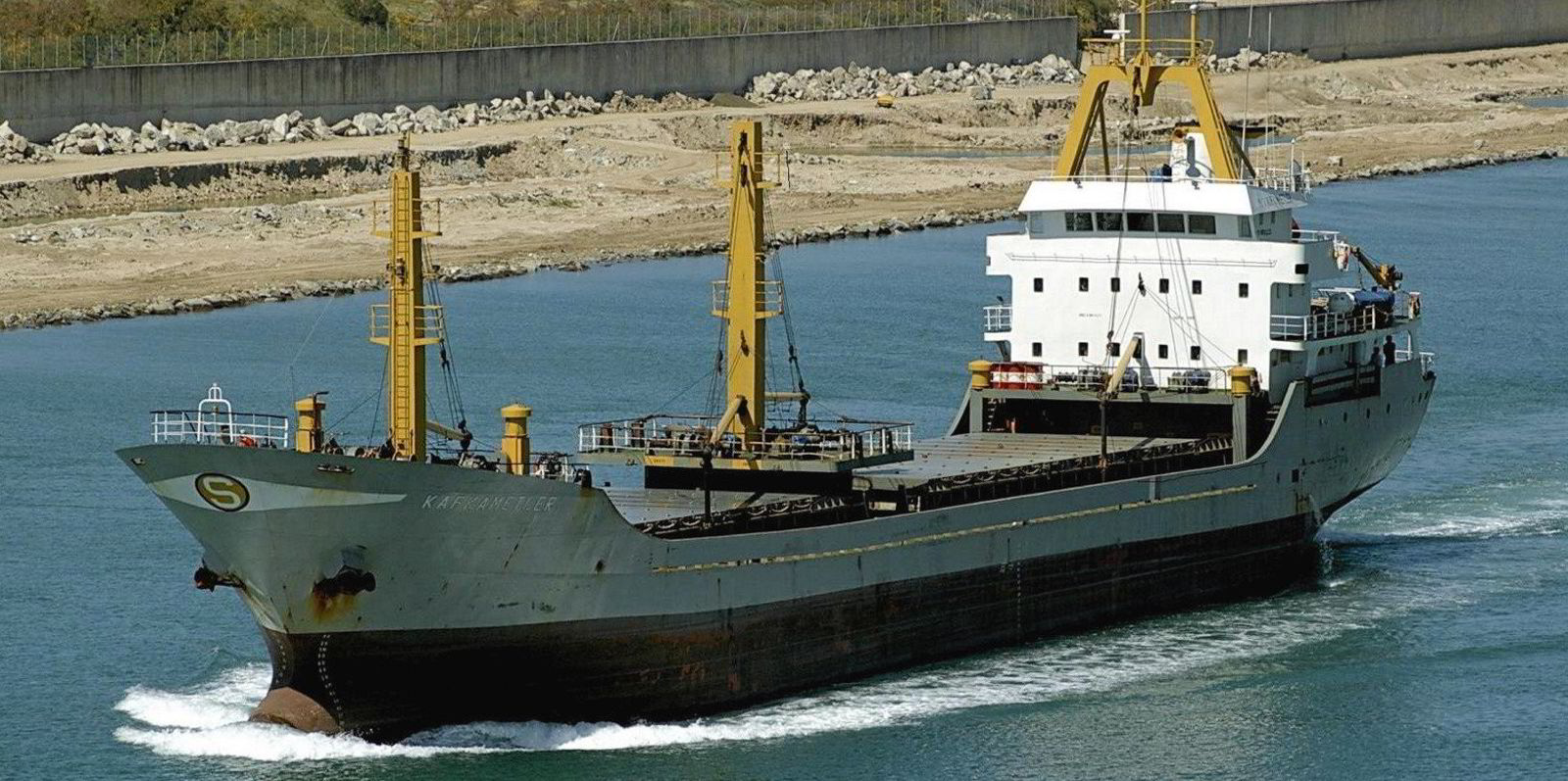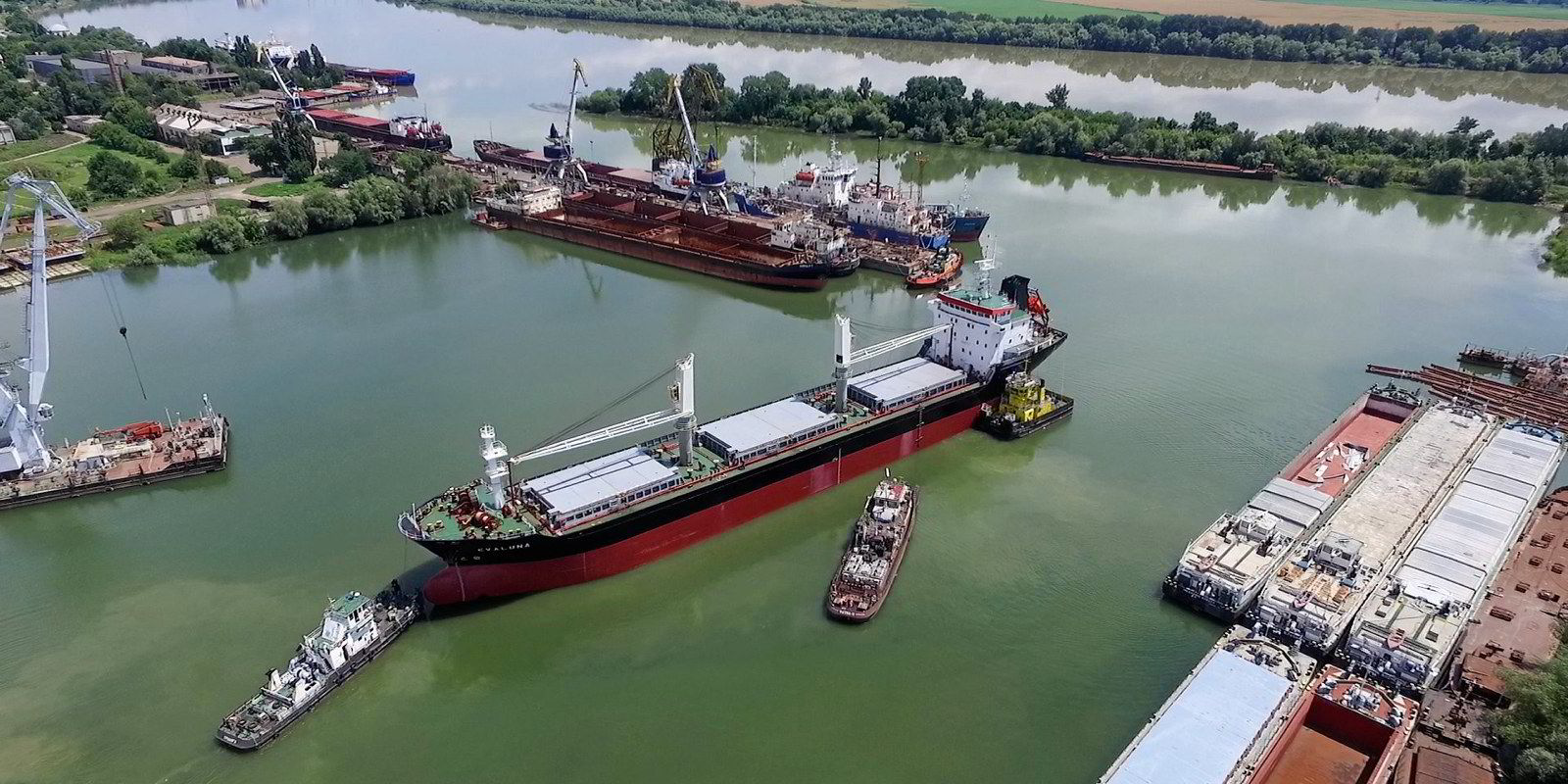Turkish authorities on Friday poured cold water on media and maritime security agency reports that a mine hit a small vessel underway in the Black Sea the day before.
The country’s general directorate for shipping confirmed that an explosion rocked the 3,100-dwt general cargoship Kafkametler (built 1992) as it was sailing near the entrance of the Sulina Canal on the Ukraine-Romania border on Thursday.
The explosion, however, did not take place on the vessel, as reported by Reuters and several other media outlets. Rather, it happened behind the ship, at a distance of between 15 and 20 metres, the directorate said.
Citing feedback they received from the ship’s crew and its operating company, the Turkish officials added that there was “no damage” at all on the Kafkametler and that “there was no evidence of a mine explosion”.
Reuters had previously reported that a Ukrainian government source said that the object striking the vessel was “probably a World War II mine, or [one of] the landing mines that were left there [in Ukraine] last year”.
The ship had been underway from Batumi to the Ukrainian port of Izmail.
As TradeWinds reported, the Kafkametler resumed its journey soon after the incident and was sailing in the Danube on Friday.
This is not the first time that floating mines from the war are confirmed or suspected of exploding on or near ships sailing off Romania’s coast.
Regardless of the exact nature of these incidents, they are highlighting the tensions, uncertainties and risks commercial shipping faces in the region due to the Ukraine war.
The latest explosion seems in any case unrelated to the renascent, deepsea Ukrainian grain trade, which takes place further north and which the UK claimed this week that Russia plans to disrupt by using mines.




